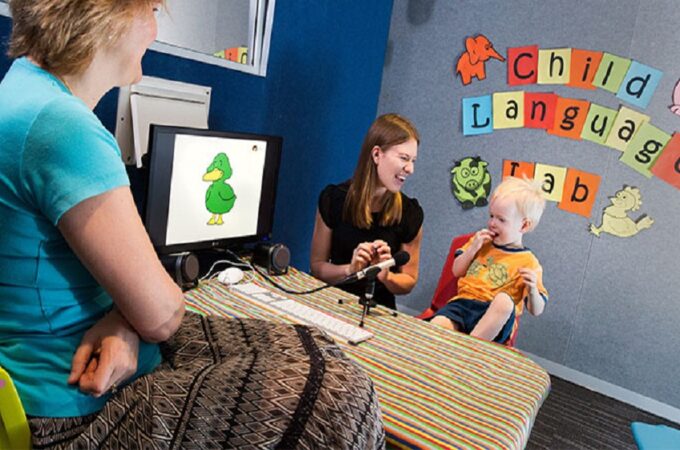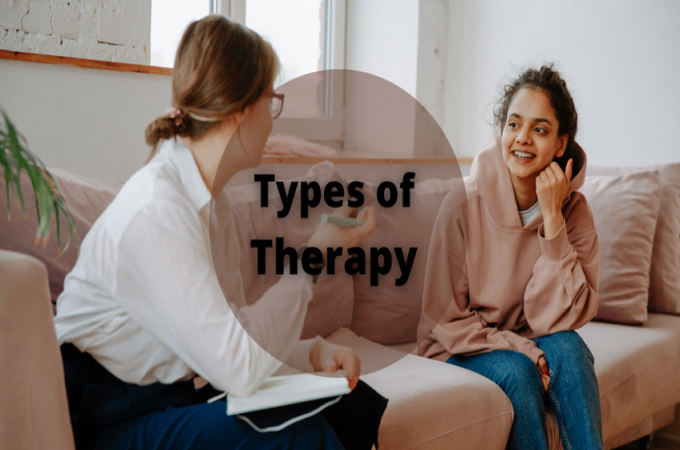
Overcoming Insomnia with RTT: How Hypnotherapy Can Improve Sleep Quality
A good night’s sleep is one of the most powerful foundations for health and wellbeing. Yet, for millions of people, insomnia robs them of this essential rest. Lying awake at night, tossing and turning, replaying the day’s events or worrying about tomorrow, is not just frustrating — it impacts mood, focus, productivity, and even long-term physical health.
Traditional methods such as sleep hygiene practices, medication, and relaxation exercises can help, but they often provide only temporary relief. This is because insomnia frequently has deeper subconscious causes that go beyond the surface. This is where Rapid Transformational Therapy (RTT Therapist) comes in.
RTT combines hypnotherapy with techniques from psychotherapy, cognitive behavioural therapy (CBT), and neuro-linguistic programming (NLP) to tackle insomnia holistically. By uncovering the subconscious beliefs and unresolved experiences that interfere with rest, RTT helps clients reset their relationship with sleep and achieve genuine, lasting improvement.
In this article, we’ll explore how RTT addresses insomnia, why hypnotherapy is so effective for sleep disorders, and how a holistic approach can bring peace to both mind and body.
Why Insomnia Persists
Insomnia is rarely just about “not being tired enough” or “having too much caffeine.” For many people, it stems from subconscious patterns, stress, and unprocessed experiences that keep the brain and body in a state of hyper-alertness.
Some common causes include:
- Stress and Anxiety – Racing thoughts and tension prevent the body from relaxing.
- Unresolved Trauma – The subconscious mind associates night-time with danger or unease.
- Negative Conditioning – Years of poor sleep create beliefs such as “I can never fall asleep easily.”
- Perfectionism and Overthinking – The pressure to “perform” even at sleep leads to further frustration.
- Lifestyle Habits – Late-night screen time, irregular schedules, or stimulants compound the problem.
Traditional sleep remedies may help reduce symptoms, but unless these root causes are addressed, insomnia often returns.
Why RTT Therapy Is Different
Rapid Transformational Therapy (RTT) works by targeting the subconscious mind — the place where habits, emotional memories, and automatic responses are stored. Unlike willpower techniques, RTT helps uncover the root cause of sleeplessness and reshapes the beliefs driving it.
For example:
- A client may consciously want to sleep but subconsciously believe “I’m not safe to relax,” stemming from childhood experiences.
- Another may have developed the belief “I must stay alert in case something goes wrong” after going through trauma or stress.
RTT helps bring these beliefs to the surface, reframe them, and replace them with new, positive associations. Once the subconscious accepts that sleep is safe, natural, and restorative, the body follows suit.
The RTT Approach to Insomnia
An RTT session for sleep challenges often follows a structured process:
- Induction into Hypnosis
The client is guided into a relaxed, trance-like state. This calms the nervous system and makes the subconscious more receptive.
- Regression and Root Cause Discovery
The therapist helps the client revisit memories that shaped their current sleep difficulties. For example, a memory of lying awake as a child worrying about parents arguing may reveal a deep-rooted fear of night-time.
- Reframing the Experience
Once the memory is surfaced, the therapist helps the client reframe it with adult understanding. Instead of carrying the belief “I must stay awake to stay safe,” the client adopts a healthier narrative.
- Reprogramming with Positive Suggestions
The therapist introduces empowering beliefs such as:
- “Sleep comes to me easily and naturally.”
- “My mind rests peacefully at night.”
- “I am safe, calm, and secure while I sleep.”
- Personalised Recording
After the session, the client receives a bespoke audio recording to listen to daily for 21–30 days. This repetition uses neuroplasticity to reinforce new sleep-friendly pathways in the brain.
Case Study 1: Anxiety-Induced Insomnia
Laura, a teacher in her 30s, had been struggling with insomnia for years. She often lay awake replaying classroom interactions and worrying about future lessons.
During RTT regression, she recalled being 8 years old, lying awake at night listening to her parents argue. The belief formed was: “Night-time isn’t safe; I must stay alert.”
Through reframing, she realised this belief belonged to her childhood self, not her adult self. Her personalised recording reinforced: “I am safe. Night-time is peaceful. My body and mind switch off easily.”
Within a few weeks, Laura reported falling asleep more quickly and waking less often during the night.
Case Study 2: Perfectionism and Restlessness
David, a financial consultant, described his nights as “battles with his brain.” He pressured himself to sleep perfectly, which only heightened his stress.
RTT regression revealed early memories of being told, “You must always get things right.” Subconsciously, he carried this into his sleep, treating it as another performance to master.
The therapy reframed this belief, reminding David that rest does not require effort. His new narrative became: “Sleep is effortless. I allow my body to restore itself naturally.”
David soon found he no longer obsessed over “doing sleep right.” Sleep became easier and less pressured, leading to better overall wellbeing.
Case Study 3: Trauma-Related Sleep Disturbance
Maria, a small business owner, had insomnia linked to past trauma. Every night she feared something bad would happen if she closed her eyes.
Regression uncovered the root cause: as a teenager, she once woke to find an intruder in the house. Her subconscious belief became: “If I fall asleep, I’m unsafe.”
Through RTT, she was able to process the memory and reframe it with adult perspective. Her personalised recording reinforced: “I am secure in my home. Sleep protects and restores me.”
Over time, Maria was able to release her fear and finally enjoy restful nights.
RTT Techniques That Help with Insomnia
Several RTT tools are particularly effective for sleep issues:
- Regression Therapy – Identifies the exact moments that created subconscious fears around rest.
- Reframing Language – Replaces negative self-talk such as “I’ll never sleep” with empowering phrases.
- Command Cell Therapy – Encourages the body to adopt healthier responses, e.g., slower breathing, relaxed muscles.
- Visualisation – Guides clients to imagine peaceful, restorative sleep environments.
- Personalised Sleep Recordings – Daily reinforcement trains the brain to expect and welcome sleep.
Why RTT Creates Lasting Change
Unlike surface-level sleep hygiene advice (such as avoiding screens or drinking chamomile tea), RTT addresses why insomnia persists. It goes straight to the subconscious mind, rewiring beliefs at the deepest level.
- Root Cause: Clears subconscious fears that disrupt rest.
- Neuroplasticity: Strengthens new, positive associations with sleep.
- Holistic Integration: Addresses emotional, mental, and physical contributors.
- Empowerment: Clients feel more in control of their sleep, rather than relying on medication or routines alone.
Complementary Lifestyle Practices
While RTT can transform sleep on its own, combining it with good sleep hygiene maximises results. Clients are often encouraged to:
- Maintain a consistent sleep schedule.
- Limit screen time before bed.
- Use calming bedtime rituals such as reading or gentle stretching.
- Avoid stimulants such as caffeine late in the day.
- Create a dark, cool, and quiet sleep environment.
When subconscious reprogramming is paired with these simple routines, the results are even more powerful.
The Client Experience of RTT for Insomnia
Clients frequently describe their RTT journey as “life-changing.” Many report that sleep, once a nightly battle, becomes a peaceful and natural part of life again. The sense of freedom — waking refreshed, no longer fearing bedtime — is often described as one of the most profound benefits they’ve ever experienced from therapy.
Insomnia is more than a nuisance; it can affect every aspect of health and wellbeing. While traditional solutions can provide temporary relief, they rarely resolve the subconscious beliefs driving the problem.
Rapid Transformational Therapy (RTT) offers a holistic and highly effective solution by uncovering the root causes of insomnia and reprogramming the mind for calm, restful sleep. By combining subconscious work with neuroplastic reinforcement, RTT empowers individuals to overcome anxiety, trauma, or perfectionist conditioning that may be keeping them awake at night.
If you’ve been struggling with insomnia and long for deep, restorative sleep, RTT provides a pathway not just to better nights, but to brighter, more energised days. Sleep, after all, is not a luxury — it’s a necessity. And with RTT, it can once again become a natural, effortless part of your life.





